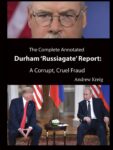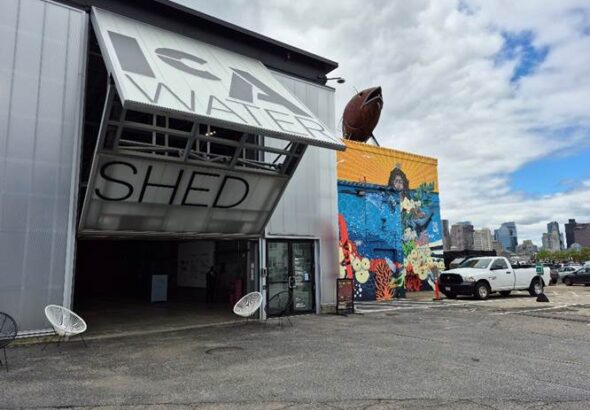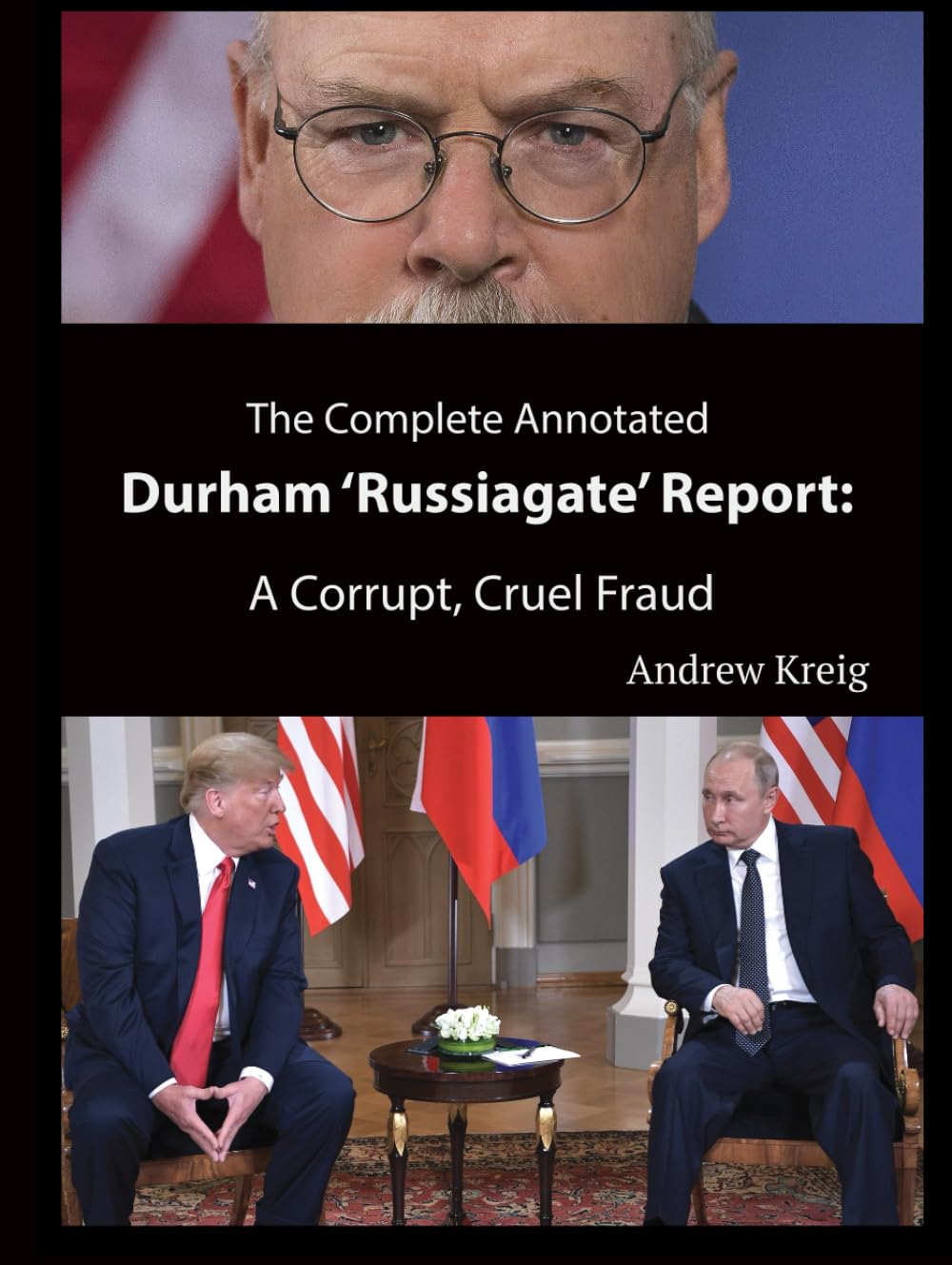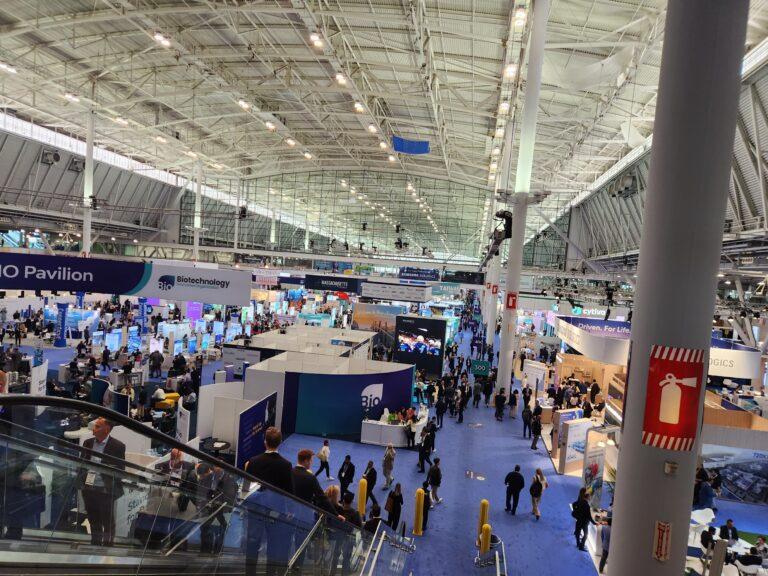July 10, 2025
New Cambridge Observer
News and commentary about events, business, technology, science and the arts in and around Cambridge, MA.
 Merging and Emerging: A Visitor to Boston’s Institute of Contemporary Art Experiences Past, Present and Future–and the In-Between.
Merging and Emerging: A Visitor to Boston’s Institute of Contemporary Art Experiences Past, Present and Future–and the In-Between.
 Henrietta’s presents a Gingerbread Castle
Henrietta’s presents a Gingerbread Castle
 New Book Updates “Russiagate” and Prosecution Revenge Threats
New Book Updates “Russiagate” and Prosecution Revenge Threats
 The Future of America (if DJT wins) by Jim Anderson
The Future of America (if DJT wins) by Jim Anderson
 The Case of the Missing Cat–by Gordon Lewin
The Case of the Missing Cat–by Gordon Lewin








